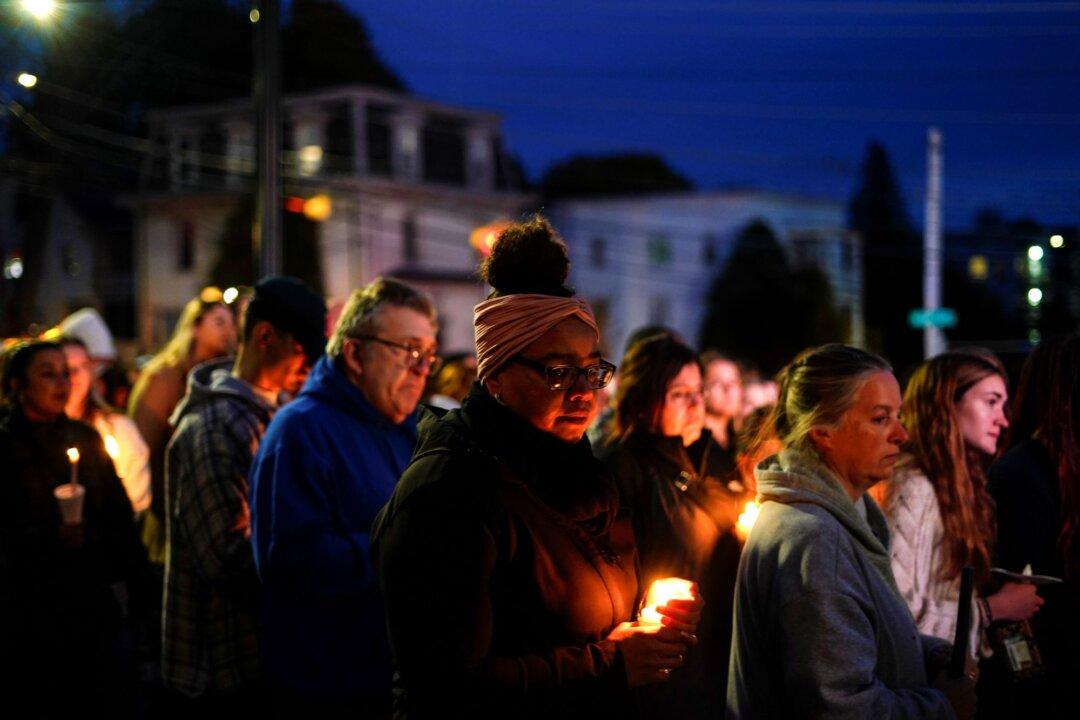Commentary
My phone flashes a news report that tells me another shooting has happened, this time in Maine. The suspect appears to be a man who has an extensive history of mental illness and hospitalization. He’s reported to have been hearing voices, and I immediately understand why he did this, why the mental health system failed him and the public, and why this will happen again and again until we find the political will to fix the problem.


